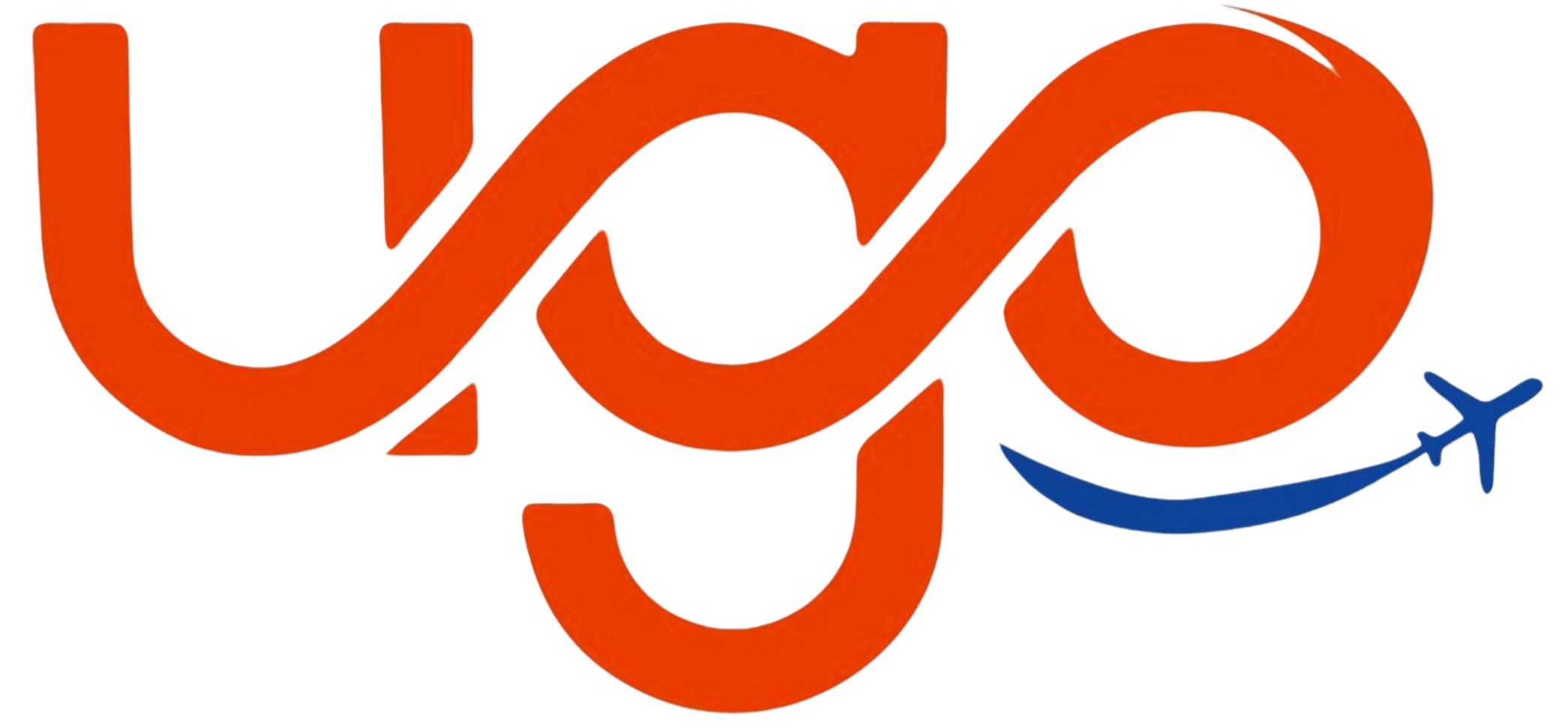Why Choose the USA for Your Bachelor’s Degree?
Pursuing an undergraduate degree in the United States offers a world-class educational experience, unmatched flexibility, and a vibrant multicultural environment. It’s a preferred destination for international students who aspire to receive a globally recognized degree while building a strong academic and professional foundation.
U.S. universities are globally acclaimed for their innovation, academic standards, and research-driven learning. Students benefit from dynamic classroom experiences, hands-on learning, and the freedom to customize their academic journey. Studying in the USA also encourages cultural exchange, independent thinking, and personal growth—qualities that are essential in today’s globalized world.
Key Advantages
⭐ Top-Tier Academics
U.S. institutions consistently rank among the best in the world, offering cutting-edge curriculum, expert faculty, and state-of-the-art facilities.
⭐ Global Prestige
A bachelor’s degree from an American university carries international recognition and can significantly boost your career prospects worldwide.
⭐ Scholarships & Financial Aid
Numerous scholarships and funding opportunities are available for international students, helping reduce the financial burden of tuition and living costs.
⭐ Work While You Study
International students can work part-time on campus, and in many cases, pursue internships or training programs (CPT/OPT) related to their field of study.
⭐ Pathways to Career or Higher Studies
Graduates often pursue master’s programs or gain practical work experience in the U.S. through post-study work options such as Optional Practical Training (OPT).
U.S. Undergraduate Admissions: Intakes Overview
American universities follow a flexible academic calendar, offering multiple intakes throughout the year to accommodate students from around the world. The two primary intakes for undergraduate admissions are:
🗓️ Fall Intake
The most popular intake, the Fall semester begins in August or September and runs through December. It offers the widest selection of courses, extracurricular activities, and scholarship opportunities.
🗓️ Spring Intake
The Spring semester starts in January and concludes in May. This intake is ideal for students who may need additional time to prepare or complete pre-requisite qualifications.
🗓️ Summer Intake (Optional)
Some universities offer a summer semester, typically starting in May or June. These programs are shorter in duration and may be limited to specific courses or fast-track options.
Eligibility Criteria for Undergraduate Admissions
To pursue a bachelor’s degree in the USA, international students must meet both academic qualifications and English language proficiency standards. Below is a general outline of the key requirements:
📘 Academic Requirements
Most U.S. universities require successful completion of secondary education, equivalent to Grade 12 in the American education system.
State Board (HSC):
A minimum average score of 70% or a 7.36 CGPA is typically expected.CBSE (AISSCE):
A minimum average score of 65% or a 7.15 CGPA is generally required.


📗 English Language Proficiency
Applicants must demonstrate English proficiency through standardized tests such as:
TOEFL
IELTS
Duolingo English Test
(Minimum scores vary by university)
Study in the USA: Undergraduate (UG) vs. Postgraduate (PG) – At a Glance
| Aspect | Undergraduate (UG) | Postgraduate (PG) |
|---|---|---|
| Eligibility | Completion of high school (12th grade or equivalent) | Completion of a bachelor’s degree (3 or 4 years) |
| Duration | Typically 4 years | 1 to 2 years (Master’s programs) |
| Focus | Broad-based learning with flexibility to choose majors | Specialized learning focused on a specific subject area |
| Program Types | Associate’s, Bachelor’s (BA, BS) | Master’s (MS, MA, MBA), PhD |
| Work Options | Part-time on-campus; OPT/CPT post-graduation | Part-time on-campus; OPT/CPT post-graduation |
| Cost | Higher due to longer duration | Generally lower due to shorter program length |
| Scholarships | Merit-based, limited need-based | Research assistantships, scholarships, fellowships |
| Career Path | Entry-level roles or graduate studies | Mid-level or specialized roles; enhanced career prospects |
Popular Universities for Bachelor's in the USA
🎓 University Admission Checklist
✅ Choose Your Course & University
✅ Research Application Deadlines
✅ Take Required Tests (SAT/ACT, TOEFL/IELTS, etc.)
✅ Prepare Application Documents:
Academic Transcripts
Statement of Purpose (SOP)
Letters of Recommendation (LORs)
Resume/CV
Passport Copy
✅ Submit Online Applications
✅ Pay Application Fees
✅ Track Application Status & Await Offer Letters
✅ Accept Admission Offer
✅ Pay Enrollment Deposit (if applicable)
🛂 USA Student Visa (F-1) Checklist
✅ Receive I-20 Form from the University
✅ Pay the SEVIS Fee (I-901)
✅ Complete DS-160 Visa Application Form
✅ Schedule Visa Interview (U.S. Embassy/Consulate)
✅ Prepare Required Visa Documents:
Valid Passport
DS-160 Confirmation Page
SEVIS Fee Receipt
Visa Appointment Confirmation
Admission Letter
Academic Records
Financial Proof (Bank Statements, Affidavit of Support, etc.)
✅ Attend Visa Interview
✅ Receive Visa Approval & Passport Stamping
🌟 Top Universities Our Students Prefer
1.Harvard University 2.Stanford University 3.MIT 4.UC Berkeley 5.Columbia University 6.UCLA 7.NYU 8.University of Michigan
9.USC 10.Boston University
💼 Part-Time Work Opportunities for International Students in the USA
Studying in the USA offers more than just academic excellence—it also provides international students with the chance to gain valuable work experience through part-time jobs, primarily on campus. These roles not only help manage living expenses but also build transferable skills for the future.
Here are some popular on-campus part-time job options for international students:
🌟 Common On-Campus Job Roles
🧑🏫 Teaching or Research Assistant
Graduate students may assist professors with lectures, grading, or research projects, offering hands-on academic experience.
📚 Tutor
If you’re strong in certain subjects, tutoring fellow students—either through the university’s tutoring center or independently—is a great way to share knowledge and earn.
🏛️ Campus Tour Guide
Lead prospective students and families around the university campus while sharing insights about academic programs and student life.
📞 Administrative Assistant
Support university departments by helping with filing, data entry, answering calls, and organizing events.
🗣️ Language Center Assistant
If you’re fluent in another language, assist with language labs, conversation groups, or tutoring at the language resource center.
💻 Technology Support Assistant
Tech-savvy students can work in campus IT departments, helping with troubleshooting, computer setup, or software maintenance.
📖 Library Assistant
Support daily library operations—shelve books, manage check-ins/outs, and assist patrons with queries.
🏋️ Fitness Center Attendant
Work in campus gyms or recreational centers by managing equipment, ensuring cleanliness, and supporting member safety.
🍽️ Dining Hall Staff
Join campus dining services in roles such as food preparation, serving, cashiering, or maintaining hygiene standards.
🎤 Event Crew
Be part of the team that helps organize university events, from cultural fests to academic seminars—handling logistics, registration, and setup.
🎯 Post-Study Work Opportunities in the USA
Gain real-world experience after graduation
For international students, the Optional Practical Training (OPT) program provides a valuable opportunity to apply academic knowledge in a real-world setting after completing a degree in the U.S. This work authorization allows graduates on an F-1 visa to gain hands-on experience in their field of study.
📅 OPT Duration
✔ Standard OPT:
Eligible students can work in the U.S. for up to 12 months after completing their degree.
✔ STEM OPT Extension:
Students with a degree in Science, Technology, Engineering, or Mathematics (STEM) may qualify for a 24-month extension, allowing for a total of 36 months of work authorization.
✅ Eligibility Criteria
To be eligible for OPT, you must:
Be on an F-1 student visa
Have completed a full-time undergraduate or graduate program in the U.S.
Graduate from a SEVP-certified and DHS-accredited institution
Apply for OPT before or shortly after completing your program (as per USCIS timelines)
💡 Why OPT Matters
OPT offers an excellent transition from student life to a professional career, helping you:
Build international work experience
Expand your professional network
Strengthen your U.S. job market profile
Improve chances for future visa sponsorship (such as H-1B)
At Uniglide Overseas, we help you understand OPT timelines, prepare required documentation, and guide you through the process—so you can confidently step into your future career in the USA.
